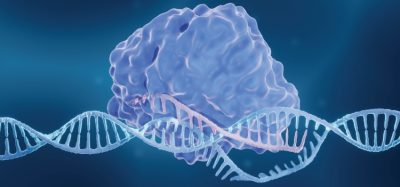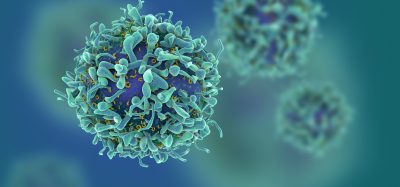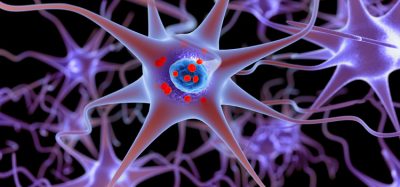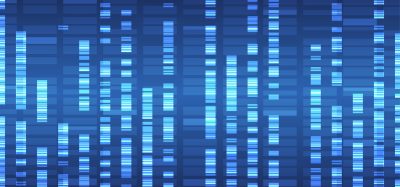Researchers find mutation in CUL3 gene responsible for autism
Posted: 26 November 2019 | Victoria Rees (Drug Target Review) | No comments yet
Scientists have shown that the mutated CUL3 gene, which is involved in the cell’s clearance of proteins, plays a role in the development of autism and schizophrenia in mice.
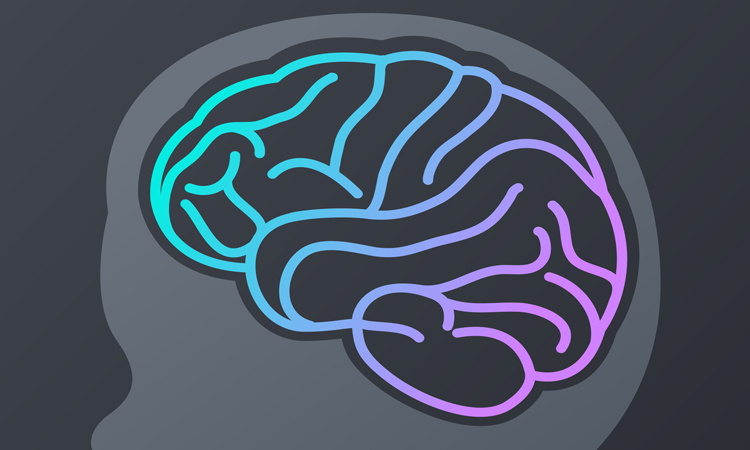
A new study has revealed that a gene critical in the clearing of unnecessary proteins plays a role in brain growth and contributes to the development of autism spectrum disorders (ASD) and schizophrenia.
The study was conducted at the Case Western Reserve University School of Medicine, US, and the researchers say their findings provide important insight into the mechanism of both diseases, pointing towards a treatment for the conditions.
…altering the gene in the models can cause similar social problems that appear in patients with these disorders”
Cullin 3 is a core component of an E3 ubiquitin ligase responsible for the cell’s clearance of proteins. Mutations of its gene CUL3 have been associated with ASD and schizophrenia. However, pathologic mechanisms of CUL3 deficiency have been unclear.
“CUL3 is abundant in the brain, yet little is known of its function,” said Lin Mei, principal investigator. “Here, we show that CUL3 is critical for brain development and communication between cells in the brain.”
The team studied how CUL3 mutation impacts the brain in mouse models. They were able to demonstrate that altering the gene in the models can cause similar social problems that appear in patients with these disorders.
Normal mice would spend more time with a mouse over an inanimate object, explained the researchers. But CUL3-mutant mice could not differentiate between a mouse and an inanimate object, demonstrating a problem with social preference.
In another test, normal mice would spend more time with an unfamiliar mouse over a familiar one. But CUL3-mutant mice could not remember seeing a familiar mouse, suggesting a problem of social memory. Furthermore, the researchers observed that CUL3-mutant mice were more anxious than normal mice.
The team concluded that the CUL3 gene is therefore a therapeutic target for ASD and schizophrenia.
The findings were published in Neuron.
Related topics
Drug Targets, Genome Editing, Genomics, Neurosciences, Research & Development
Related conditions
Autism-spectrum disorders, Schizophrenia
Related organisations
Case Western Reserve University School of Medicine
Related people
Lin Mei



